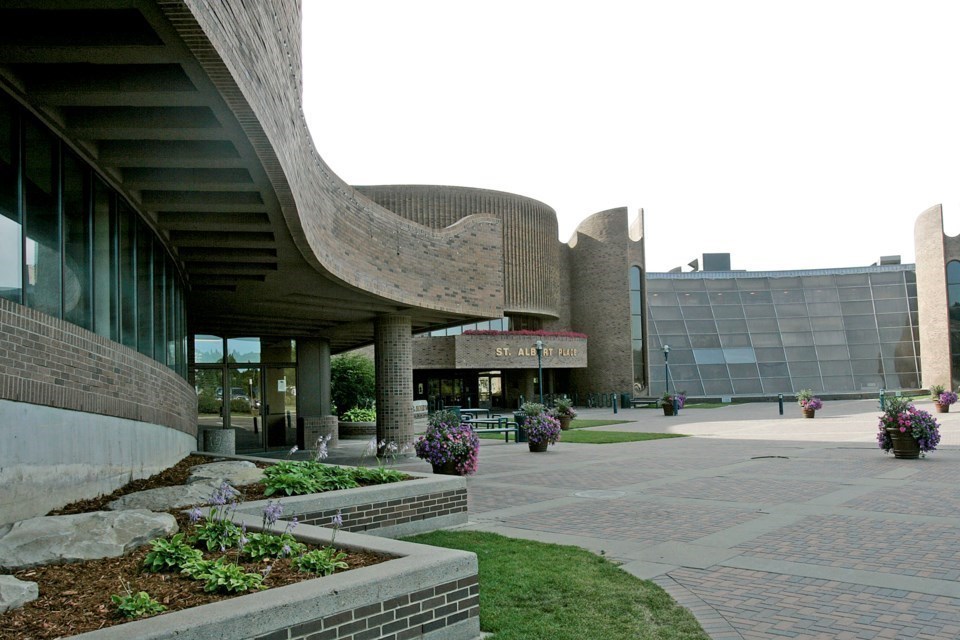A tax penalty on owners of uninhabitable buildings — as one city councillor proposed last month — would require creation of a new residential property tax subclass, a city report says.
A new residential property tax subclass wouldn't be a first in St. Albert, as a subclass currently exists and has been in place since 2015 for owners of vacant residential lots.
A recently published report to council written by city assessor Stephen Bannerman, in response to an information request submitted by Coun. Sheena Hughes, says the tax applied to owners of vacant residential lots is a middle point between the tax rate applied to regular residential property owners, and non-residential property owners.
“Each year defined vacant properties received (an extra) 25 per cent of the residential tax rate applied to their assessment,” Bannerman wrote. “Currently, this is applied to approximately 15 properties for the 2023 tax year.”
“Any future potential residential classifications would need to be based on physical characteristics that relate to the property type rather than be created in such a way that may be viewed as discriminatory.”
Bannerman's report also notes the recent derelict residential properties subclass recently approved by Edmonton city council.
The derelict residential properties subclass, which, among other things, includes in the definition uninhabitable buildings, will apply to an estimated 274 property owners in Edmonton.
Other aspects of the definition include homes that show signs of neglect, homes that have fallen into disrepair, and homes that are dilapidated.
CBC Edmonton reported last week the derelict subclass may be taxed up to three times as much as non-derelict residential property owners.
In an interview, Hughes said she planned to ask further questions of administration about what would be involved in creating an uninhabitable buildings subclass in St. Albert before bringing any motions forward; however, she said she doesn't want the hypothetical subclass to be limited to residential properties.
“When I put my (information request) forward, I wasn't aware of Edmonton having anything in the works,” Hughes said. “We have people complaining about (Citadel Mews West, and the remnants of Grandin Mall) ... so then I thought, 'Well, what can we do to motivate these guys?' because they don't appear to be very motivated right now.”
The Citadel Mews West seniors complex has been sitting empty for nearly two years now after a fire devastated the building. Recently, the president of Christenson Group of Companies, the organization that owns the building, told the Gazette a $25-million rebuilding project is in the works, but high interest rates are stalling any construction.
Grandin Mall was almost entirely demolished in 2014, but the eastern section of the building still stands and has sat vacant for years.
“I just think that we need to do something,” Hughes said.
Bannerman's report notes increased property taxes may not be a major motivating factor for owners of uninhabitable property.
“Property taxes are a consideration of any potential re-development; however, they may be considered a ‘minor expense’ in comparison to demolition costs, developing, constructing, and maintaining,” he wrote. “Alternatively, ownership may rely on economic conditions such as cost of construction, interest rates, and legal costs to be of greater concern in the short- to medium-term.”
“Typically, creating subclasses under the umbrella of tax policy is an approach used as an incentive for broader behaviour within the municipality,” the report says. “It is recommended that any policy be developed as a long-term solution that will remain after the current issue is resolved.”
“Current council and administration would be advised to explore potential costs and consequences to this subclass.”




